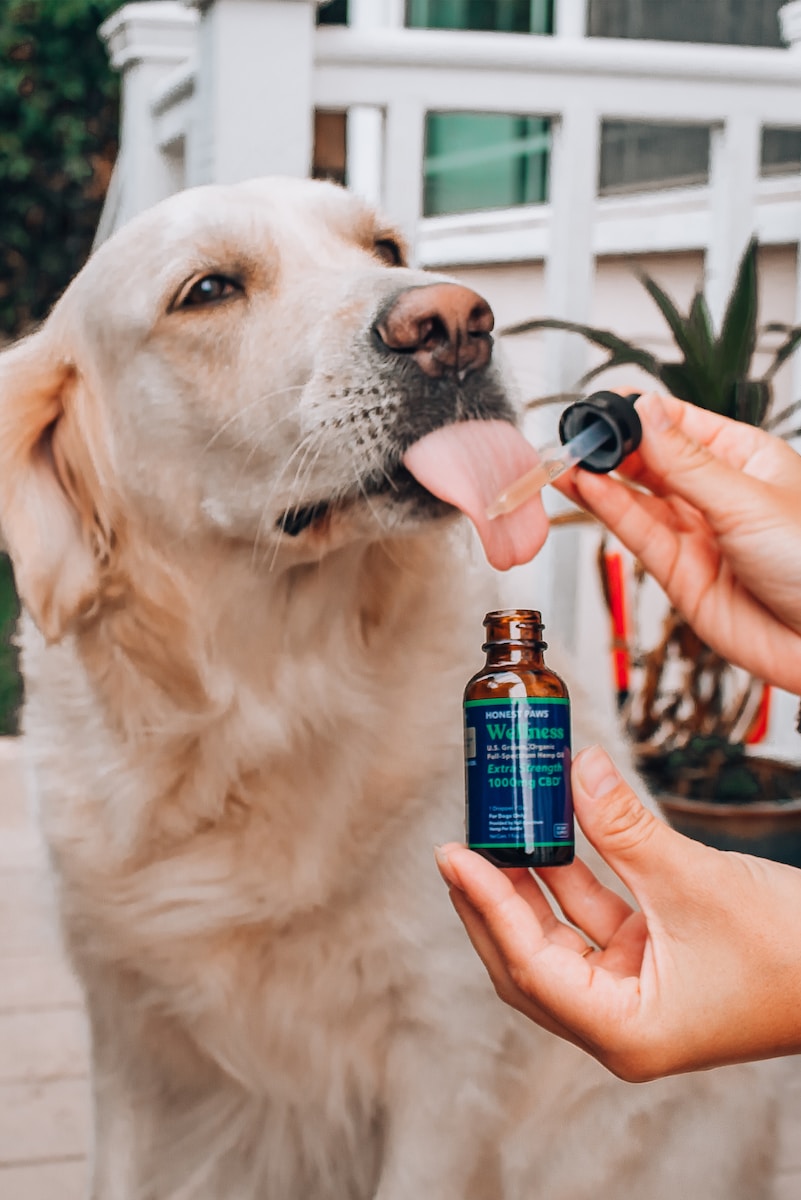Lipomas, those benign lumps that can develop under your dog’s skin, can be a cause of concern for pet owners. While they are generally harmless, their presence can lead to discomfort or even cosmetic issues. The question that arises is, “Can CBD oil shrink lipomas in dogs?” In this comprehensive guide, we will delve into the world of CBD oil, its potential benefits for canine lipomas, and how you can use it to improve your furry friend’s well-being.
Can CBD Oil Shrink Lipomas in Dogs?
CBD, short for cannabidiol, is a compound found in the cannabis plant known for its various therapeutic properties. While it has gained popularity in recent years for its use in humans, its potential benefits for dogs, including the reduction of lipomas, are a topic of interest. Here’s what you need to know:
Understanding Lipomas
Before we explore the potential of CBD oil, let’s understand lipomas better.
Lipomas are non-cancerous growths of fatty tissue under the skin. They are usually soft to the touch and can vary in size. While lipomas are generally harmless, they can cause discomfort to your dog, especially if they grow large or press on nerves. Additionally, some pet owners may seek ways to reduce lipomas for cosmetic reasons.

How CBD Oil Works
CBD oil interacts with the endocannabinoid system (ECS) in both humans and dogs. The ECS plays a crucial role in regulating various physiological processes, including pain perception, inflammation, and immune response. CBD’s interaction with the ECS can lead to a range of potential benefits.
Potential Benefits of CBD Oil for Lipomas in Dogs
- Anti-Inflammatory Properties: CBD has been shown to have anti-inflammatory properties, which may help reduce inflammation around the lipoma, potentially providing relief to your dog.
- Pain Management: If a lipoma causes discomfort or pain for your dog, CBD’s pain-relieving properties could offer relief.
- Stress Reduction: CBD may help alleviate the stress and anxiety your dog might experience due to the presence of a lipoma or any related discomfort.
- Enhanced Immune Response: Some studies suggest that CBD may support the immune system, which could indirectly contribute to the body’s ability to manage lipomas.
Using CBD Oil for Dogs
Now that we’ve established the potential benefits of CBD oil, it’s essential to understand how to use it safely for your canine companion.
Dosage
Determining the right dosage of CBD oil for your dog is crucial. Start with a low dose and gradually increase it while monitoring your dog’s response. It’s best to consult with a veterinarian for personalized guidance.
Quality Matters
Ensure you choose a high-quality CBD oil product specially formulated for dogs. Look for products that provide a certificate of analysis (COA) from an independent lab to verify their quality and purity.
Administration
CBD oil for dogs is available in various forms, including tinctures, capsules, and treats. Choose the form that your dog is most comfortable with and that allows for accurate dosing.
Regular Monitoring
Keep a close eye on your dog’s response to CBD oil. Monitor any changes in their behavior, mobility, or the size of the lipoma. Regular check-ups with your veterinarian are essential to assess progress.
Patience Is Key
CBD oil may not provide immediate results. Be patient and consistent with the dosage, and give it time to work.
FAQs

Q: Can CBD oil completely eliminate a lipoma in a dog?
A: While CBD oil may have potential benefits, it is unlikely to completely eliminate a lipoma. Its primary role is in managing symptoms and providing relief.
Q: Are there any side effects of using CBD oil for dogs with lipomas?
A: CBD is generally well-tolerated by dogs, but some may experience mild side effects such as drowsiness or digestive issues. Always consult your vet if you notice any adverse reactions.
Q: Can I use human CBD oil for my dog’s lipoma?
A: It’s not advisable to use human CBD oil for dogs. Dog-specific CBD products are formulated to meet their specific needs and are a safer choice.
Q: How long does it take for CBD oil to show results in reducing lipomas?
A: The time it takes for CBD oil to show results can vary from dog to dog. It may take several weeks to notice significant changes.
Q: Can I give CBD oil to my dog without consulting a veterinarian?
A: It’s always best to consult a veterinarian before giving your dog any new supplement, including CBD oil. They can provide guidance tailored to your dog’s specific needs.
Q: Is CBD oil legal for use in dogs?
A: In many places, CBD oil derived from hemp is legal for use in dogs. However, regulations can vary, so it’s essential to check your local laws and consult with your veterinarian.
Conclusion
While the question of whether CBD oil can shrink lipomas in dogs might not have a definitive answer, it is clear that CBD offers potential benefits for managing the discomfort and symptoms associated with these benign growths. As a responsible pet owner, it’s crucial to prioritize your dog’s well-being. If you are considering using CBD oil for your dog’s lipomas, consult with a veterinarian to ensure you make the best choices for your furry friend’s health and happiness.
